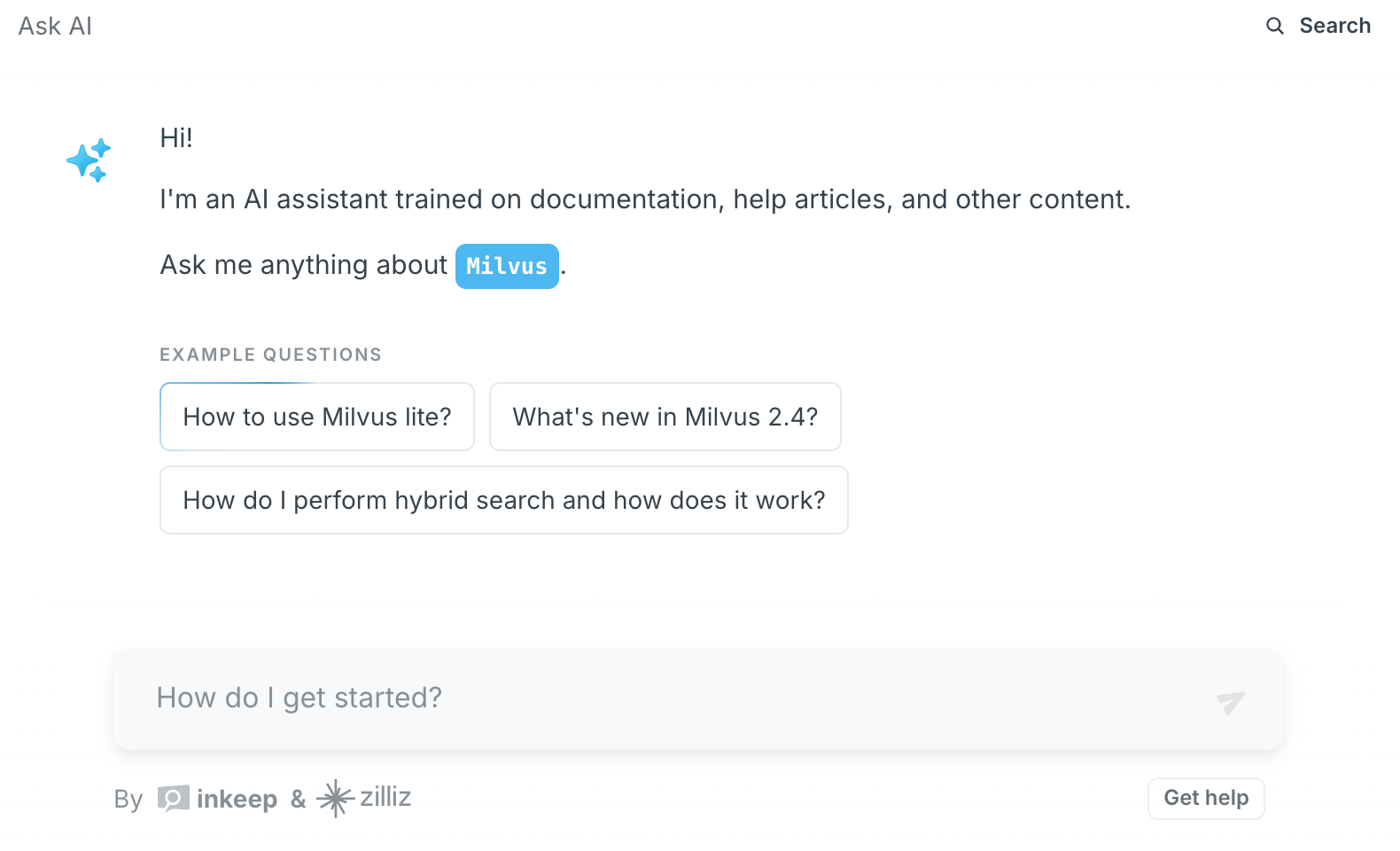Grounding in language models can fail in several ways, leading to unreliable or misleading answers. Common failure modes include retrieving contradictory documents, finding no relevant documents, or relying on outdated or incomplete data. These issues directly impact the model’s ability to generate accurate, consistent responses. Below, we’ll explore three key failure modes and how they manifest in outputs.
First, contradictory documents create confusion when conflicting information exists in the data. For example, if a user asks, “Is caffeine good for heart health?” and the model retrieves one study claiming benefits and another highlighting risks, the answer might hedge with vague statements like “some studies suggest benefits, but others warn of risks.” This leaves the user without a clear resolution. In extreme cases, the model might incorrectly prioritize one source over another without justification, leading to biased conclusions. Developers might see this when testing queries where domain knowledge has evolved over time, and the retrieval system surfaces conflicting historical and modern sources.
Second, no relevant documents retrieved forces the model to rely on its internal knowledge, which can result in guesses or off-topic answers. For instance, if a user asks about a niche programming tool released in 2023 but the model’s data cutoff is 2021, the response might incorrectly state the tool doesn’t exist or default to describing similar-but-irrelevant tools. This manifests as answers that lack specificity or drift into unrelated topics. Developers often notice this when testing queries tied to very recent events or specialized domains not well-covered in the training data.
Third, outdated or incomplete data leads to answers that are factually incorrect or missing critical context. For example, a model trained on pre-2020 medical guidelines might incorrectly recommend outdated COVID-19 treatments. Similarly, if a user asks about a software library’s current best practices but the model retrieves documentation from an older version, the answer could suggest deprecated methods. These errors are especially problematic in fast-moving fields where accuracy depends on up-to-date information. Developers can identify this by comparing model outputs against known recent updates in APIs, frameworks, or scientific knowledge.
In all cases, the failures stem from gaps or inconsistencies in the grounding process. The model’s output quality depends heavily on the relevance, accuracy, and coherence of the retrieved data. Developers can mitigate these issues by improving retrieval filters, updating data sources, and implementing fallback mechanisms to flag uncertain answers.
